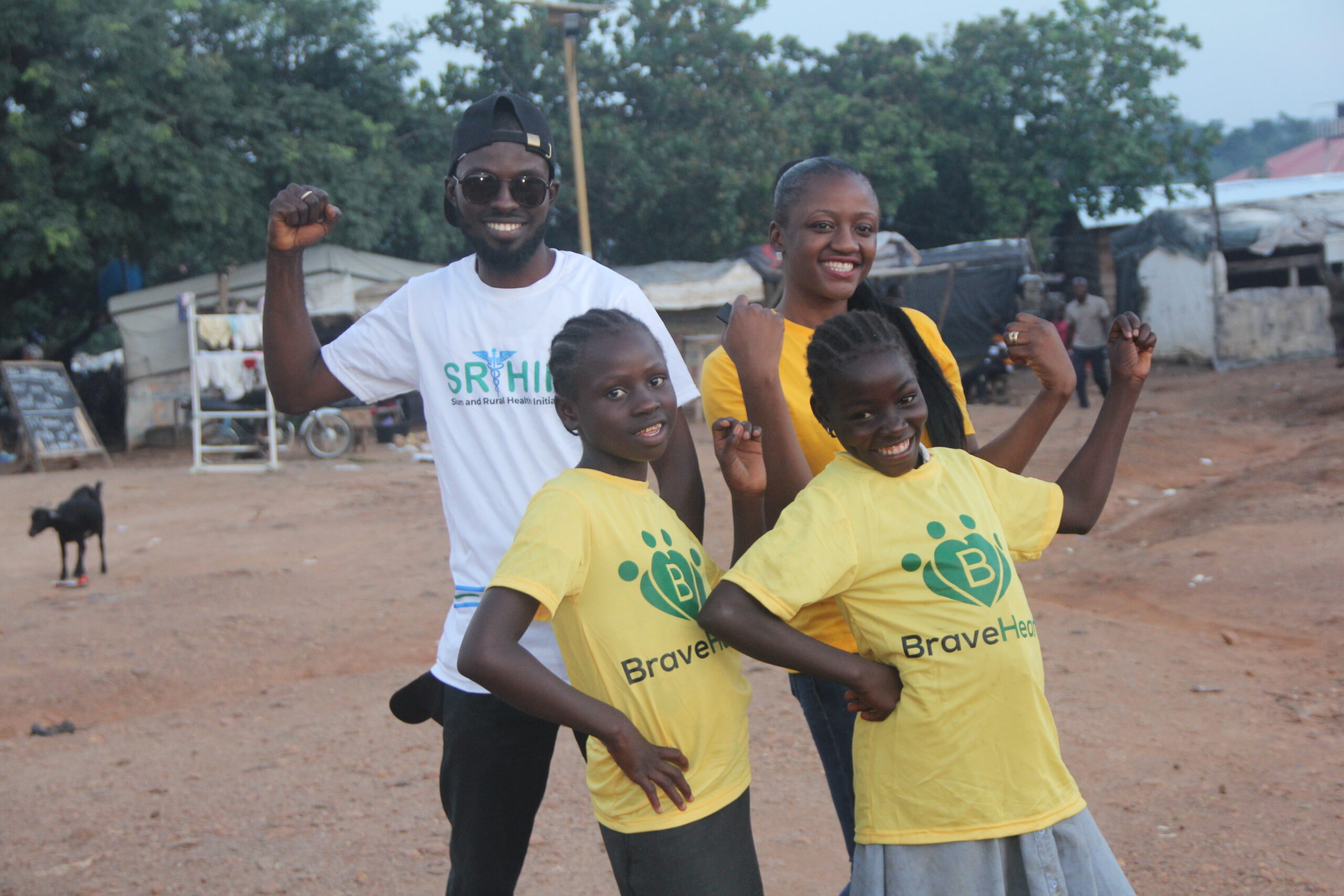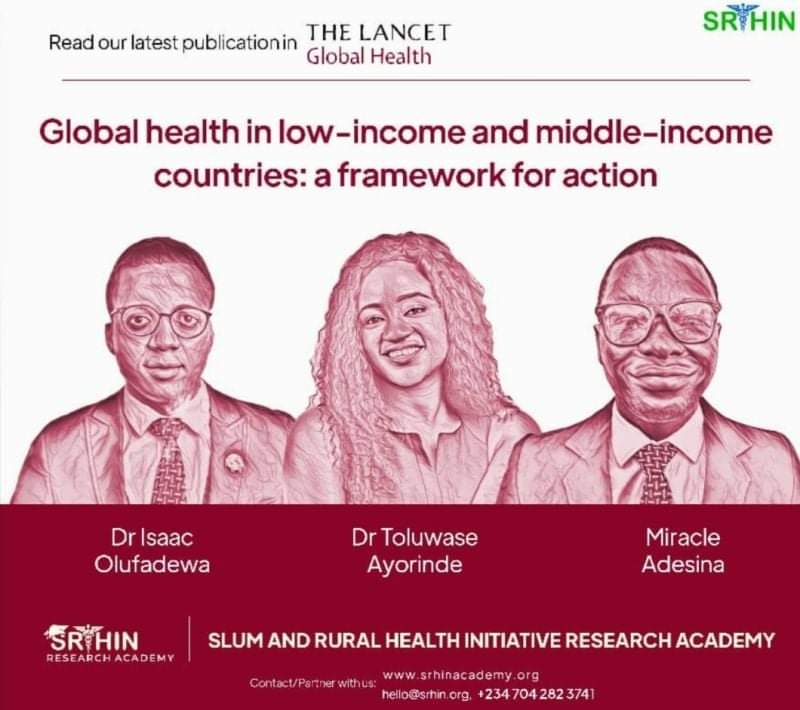I recently had to visit our Primary Healthcare Center (PHC) on account of the fall of a family member. The usually not-so-friendly environment has even gone worse. It took a lot of begging for health professionals to attend to us, for a center that was readily accessible. There was only one doctor around, few nurses, and they were only attending to emergency cases. One may readily hinge our ordeal on the fact that our case was an emergency. But this is usually the experience of most patients since the pandemic.
I also heard over the radio sometime last month how an angry mob beat up a young lady whom they suspected her to have stolen a phone. They beat her to a pulp and required medical attention. She was taken to about three hospitals where they refused to attend to her. This was because some hospitals are not attending to even emergency cases due to the fear of COVID-19 disease. The young lady eventually died. This lady might not have died if she was promptly attended to at the first or second hospital she was taken to.
We all know that healthcare services in Nigeria are not readily accessible. A lot happens for a patient to see a doctor as the doctor to patient ratio is 1 to 2500. These patients have to wait for hours before anyone attends to them. This was when things were normal in the world. Now imagine what is going on with the pandemic on the ground.
The healthcare industry is experiencing a disruption in multiple forms. Disruption, as defined by Merriam Webster, is a break or interruption in the normal course or continuation of an activity or process.
One way or the other, the disruption in the routine healthcare services has affected you and me. It is pertinent to know these routine services. They are; clinics, regular check-ups, immunization, surgeries (elective and emergency), and emergency services.
Moreso, factors affecting the overall Nigerian health system performance include inadequate health facilities and structures, poor management of human resources, poor motivation and remuneration, inequitable and unsustainable health care financing, skewed economic and political relations, corruption, illiteracy, etc.
In Nigeria and other African countries with a weak health care system, one expects that this sudden disruption in healthcare services will affect all and sundry.
In clinics, proximity determines because of the spread of COVID-19, this makes operating full clinic a high risk. At Primary Healthcare Centers (PHC), there has to be an obvious reduction in the number of people that should be in the hospital at a time to maintain social distancing. This will affect the patients as a large number of people will probably have to stand in a Center that is small which is usually the case. This then will put more stress on the already ill patient, which may discourage him/her to show up for his/her next appointment, especially if there’s an improvement already. It is worthy to note that some hospitals have even canceled clinics and only attend to emergencies which makes healthcare service not readily accessible.
There have been rumors of some hospitals outrightly stopping clinic sessions while some have refused to attend to people above the age of 50. This puts people above the age of 50 at risk of untimely/preventable death.
According to the United Nations Children’s Fund in a release recently stated that Nigeria could lose an additional 950% of child health under age 5 due to the disruption in routine healthcare services. This is because of the lack of access to trained healthcare providers. There has been a reduction in health service coverage levels, including routine vaccination given to children. This will expose children to vaccine-preventable diseases. There may also be an outbreak of preventable communicable diseases. This will ultimately reverse the progress in ending preventable under-five child mortality in Nigeria.
Maternal death has also been envisaged to increase in Nigeria and countries like the Democratic Republic of Congo and Uganda by the United Nations. This is because Primary Healthcare Centers are now becoming inaccessible by healthcare workers because of the present lockdowns, curfews, and transport disruptions.
To maintain social distancing and prevent unnecessary exposure of patients, elective surgeries are also not happening in major hospitals.



